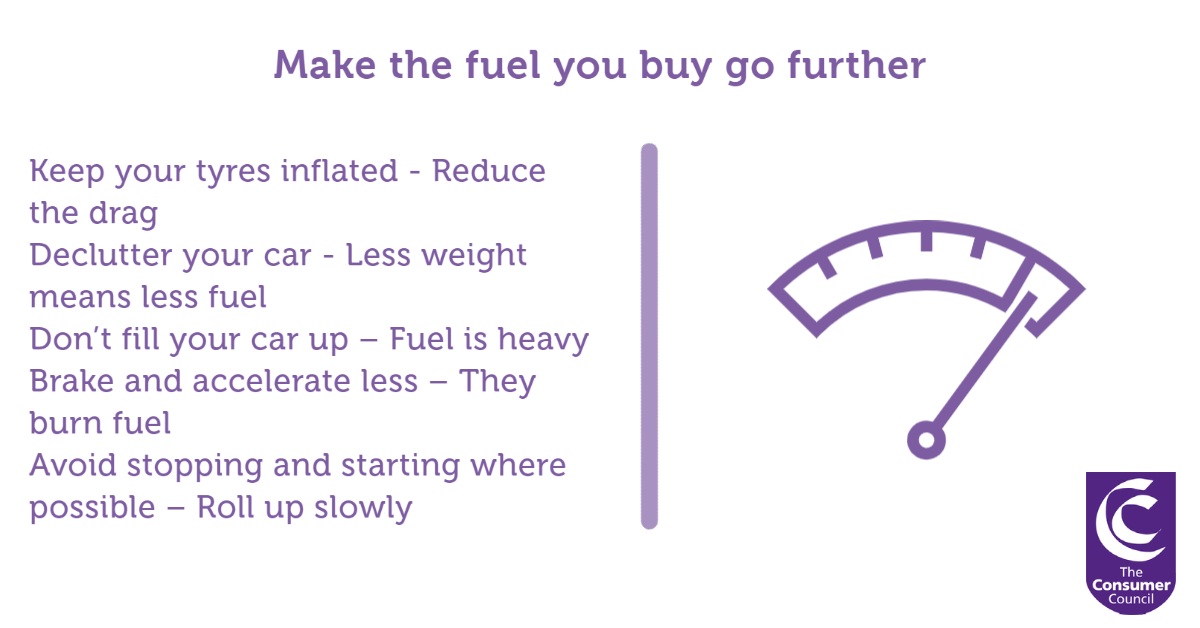Since midnight, motorists in the Republic of Ireland can buy petrol at a reduced price after the Irish government introduced fuel duty cuts that are set to last until the end of August. The cuts amount to 20 cents per litre of petrol and 15 cents on diesel. Sinn Fein has called on the NI government to follow suit to ease the mounting pressure on household budgets. However, speaking in the House of Commons, the DUP’s Jeffrey Donaldson said the NI would need permission from the European Union to reduce VAT on home heating oil. NI motorists are likely to avail of cheaper fuel prices by heading across the border to fill up among rising diesel and petrol prices in Northern Ireland. According to the Consumer Fuel Price Checker, the highest diesel litre price was over £1.86 and the most expensive litre of petrol in Northern Ireland cost more than £1.70. Home heating oil is also getting more and more expensive. In just one week, the price of 500L of home heating oil has risen by £227 in a country with the highest dependency on home heating oil across western Europe.
Fuel duty cuts in the Republic to ease budget burden
Following a cabinet meeting on Wednesday, the Irish Minister for Finance, Pascal Donohoe, announced a 20-cent excise duty cut per litre of petrol with 15 cents slashed off the price of a litre of diesel.
“It is important that we are clear – the Government is acting now with this excise measure, to respond to the price rises we have seen to date, but also in anticipation of the further price rises we expect to see over the short and medium-term,” Minister Donohoe said.
“The causes of these price pressures are not within our control.
“The Government has limited resources, and has responded to help to ease the impact of these price increases, but we cannot cushion citizens and businesses from the entire impact.”
People in Ireland will also see a €200 payment toward their electricity bill in the coming months, and those in receipt of the fuel allowance are to get a special €125 payment next week.
In response, Sinn Fein MLA, Caoimhe Archibald, has urged the UK government to follow suit while also calling for a tax hike on the profits of large energy firms.
“Alongside this, they should put a tax on big multinational energy companies, who have made huge profits, to end the rip-off and put money back in people’s pockets.”
“The British government has the money, the resources and the power to deliver support, they need to get on with doing it.”
DUP blames NI Protocol for current budget pressures
Speaking in the House of Commons, DUP leader Sir Jeffrey Donaldson, told MPs that the Northern Ireland Protocol was leaving his constituents lacking support:
“At this time, households across all of the United Kingdom, including Northern Ireland, are struggling because of rapidly increasing home heating costs,” Sir Jeffrey said.
“In Northern Ireland, we are subject to EU VAT rules. This means that if the Chancellor of the Exchequer sought to reduce VAT on home heating oil, he needs the permission of the European Union and all 27 member states to do such an action.
“Surely, this cannot be right that my constituents are being deprived of the support they need from government because of the protocol.”
Brandon Lewis, NI Secretary of State, praised Sir Jeffrey for “highlighting just another one of the many areas where the protocol is creating real problems on the ground for people in everyday lives”.
Significant gaps remain between the UK government and the EU. Last month, an EU official told RTE News that the upcoming Assembly Election campaigns warranted the negotiations to be moved into a “discreet phase”.
Agrifood checks remain the core bone of contention between the two sides. Warning that the absence of controls was “deeply unsatisfactory” the official said that, at some point, the EU would have to make sure talks were heading toward a solution. However, he ruled out setting a formal deadline.
“That’s why we act in all of this with a sense of urgency. So long as we see that the technical discussions are meaningful, we’ll want them to continue. If we come to the conclusion that they are no longer constructive or meaningful, we’ll have to have a rethink.”




